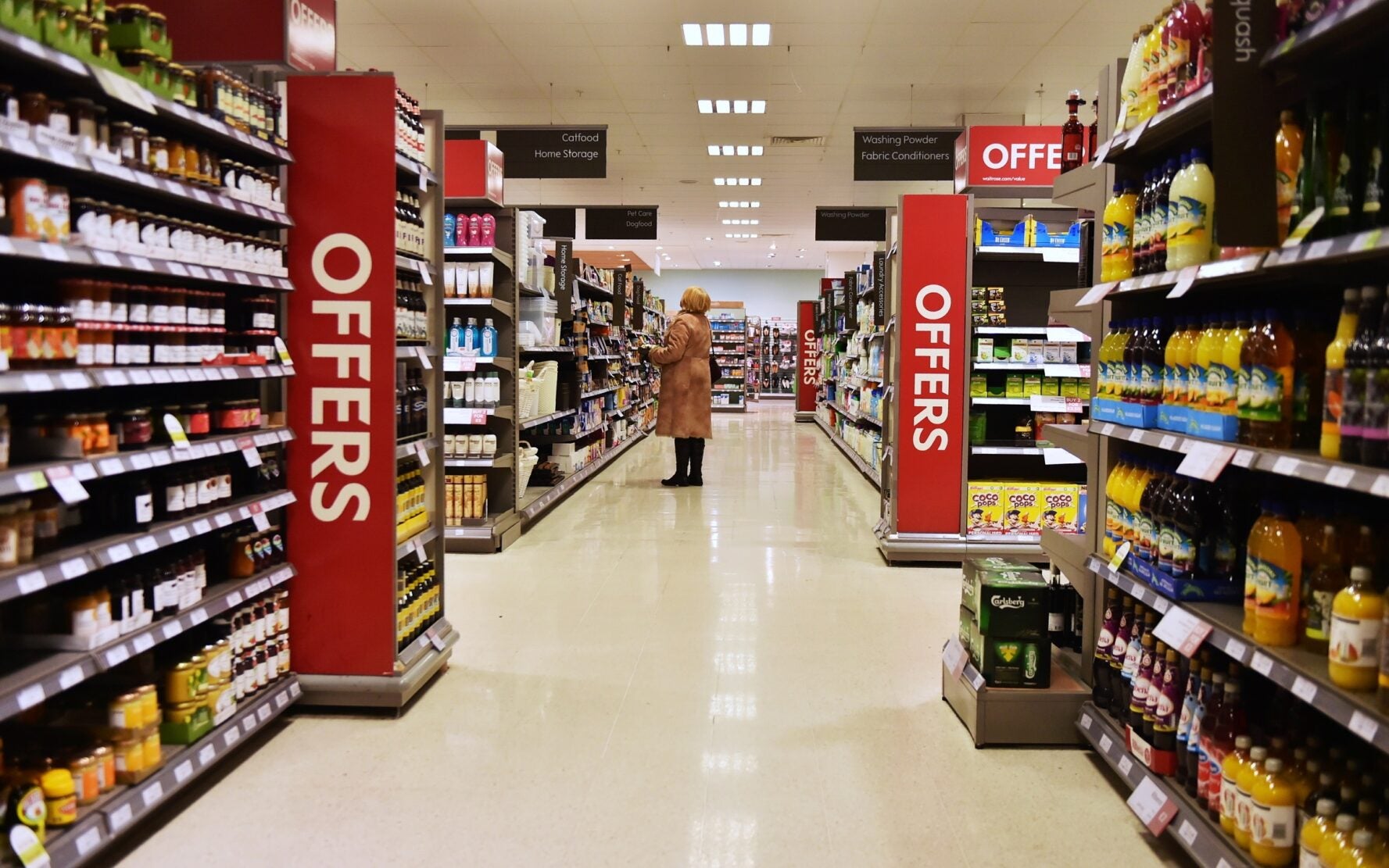
The UK’s Competition and Markets Authority (CMA) is to scrutinise ‘green’ claims on food and drink product labels to clamp down on potential greenwashing.
The competition watchdog’s probe – which will also include other FMCG products such as toiletries and cleaning products – follows a similar investigation launched last year into misleading green claims in the country’s fashion industry. A number of firms in that sector are still being investigated.
Its scrutiny of food and drink products labels will analyse environmental claims made about these items – both online and in-store – to consider whether companies are complying with UK consumer protection law.
In a statement issued today (26 January), the CMA said concerning practices could include the use of vague and broad eco-statements – for example, packaging or marketing a product as ‘sustainable’ or ‘better for the environment’ with no evidence – and misleading claims about the use of recycled or natural materials in a product and how recyclable it is.
Sarah Cardell, chief executive of the CMA, said: “Our work to-date has shown there could be greenwashing going on in this sector, and we’ll be scrutinising companies big and small to see whether their environmental claims stack up. Now is a good time for businesses to review their practices and make sure they’re operating within the law.”
She added: “As more people than ever try to do their bit to help protect the environment, we’re concerned many shoppers are being misled and potentially even paying a premium for products that aren’t what they seem, especially at a time when the cost of living continues to rise.”
The CMA said that if it uncovers evidence suggesting green claims could be unfounded, it will consider taking enforcement action using its formal powers – for example, opening an investigation into specific companies.
As well as sector-specific investigations, the CMA has produced the Green Claims Code – a guide to help businesses understand how to communicate their green credentials, while avoiding the risk of misleading shoppers.
